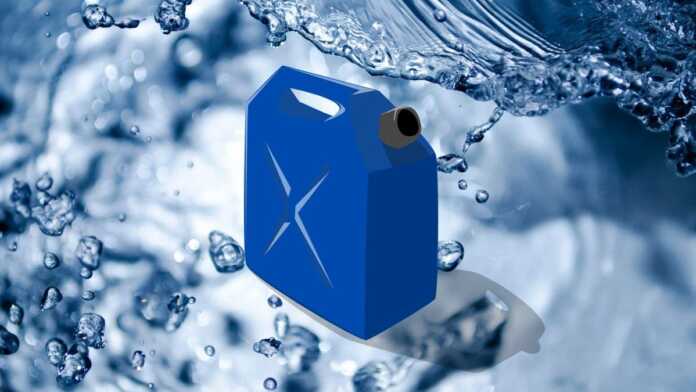Obtaining renewable and sustainable energy sources is one of the research focuses that currently seeks to provide tools to combat climate change.
In the future, reliable and clean fuel sources could be more varied than we expect. A research project proposes a method to generate fuel from water.
Scientists demonstrate a viable and affordable way to obtain hydrogen fuel
Researchers at the Nanosystems and Molecular Systems Research Unit (NANOMO) at the University of Oulu, Finland, developed a cost-effective method of converting water into fuel.
Usually, in hydrogen fuel cells, the conversion process is carried out with the support of precious metals, which, as their name suggests, are very expensive and sometimes scarce. Under the common model, this makes hydrogen-based energy production expensive.
The system presented by NANOMO makes a big difference in this regard. Using a nickel-based catalyst, developed by the team, sunlight is used to split water into oxygen and hydrogen, making the hydrogen available as an energy source.
“Solar splitting of water directly converts solar energy into hydrogen fuel”said Harishchandra Singh, associate professor. “Since a non-carbon renewable source like solar is used, the hydrogen produced would also be a renewable energy source in the true sense,” he added..
To develop this project, the research team relied on the Canadian Light Source (CLS) infrastructure, located at the University of Saskatchewan (USAsk), where the team was able to analyze the materials they used for their catalyst, which allowed them to decipher the formula that allowed them to successfully put this initiative into practice.
“The (CLS) beamline gives us access to very intense beams of high-energy X-rays that allow us to see details on the surface of these materials that are difficult to see with other techniques.”said Graham King, beamline scientist at Brockhouse, CLS.
The findings from this research were recently published in the journal Applied Energy. In addition, more details can be found in a video shared by the project team.
Much has been said lately about the benefits of hydrogen as a fuel. Recently, examples of its application in trains or airplanes have shed light on that. If projects like this prosper, more alternatives will emerge that take advantage of this ecological fuel.











